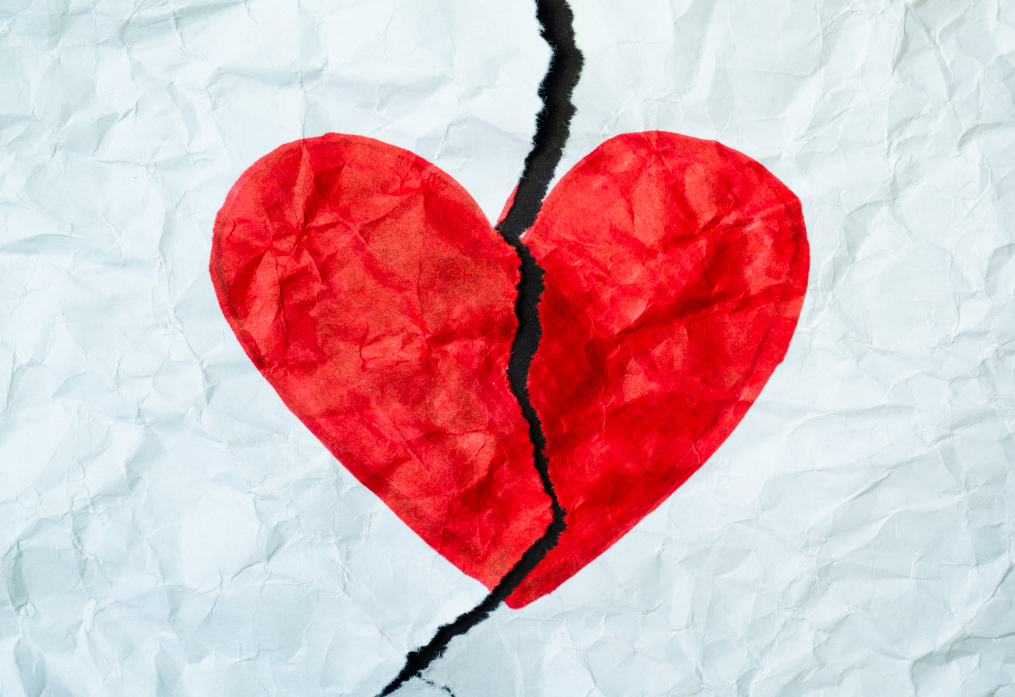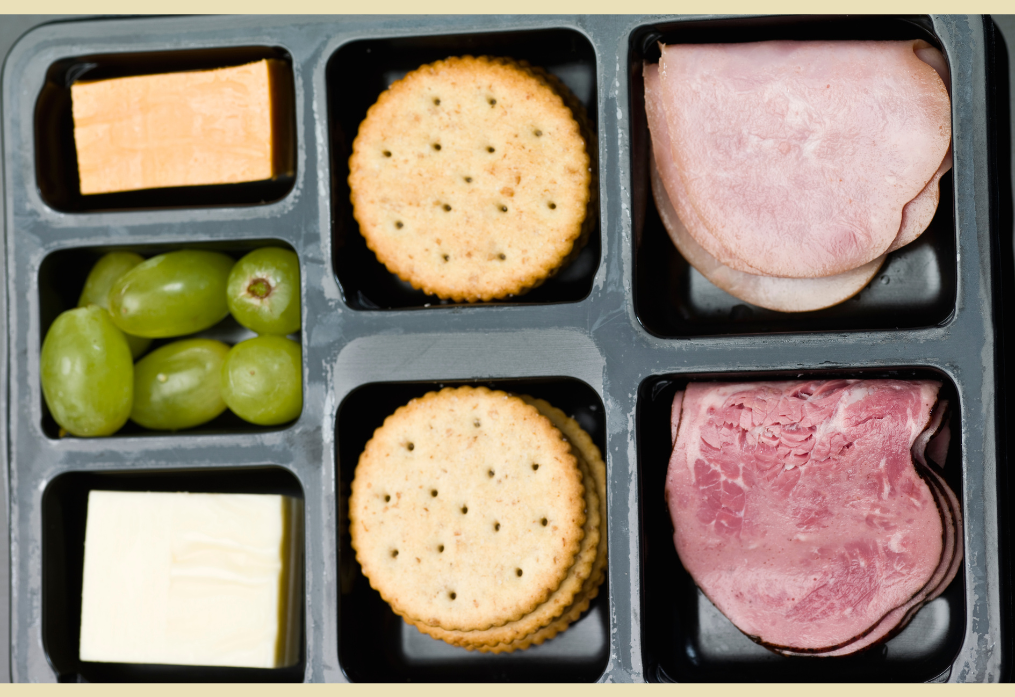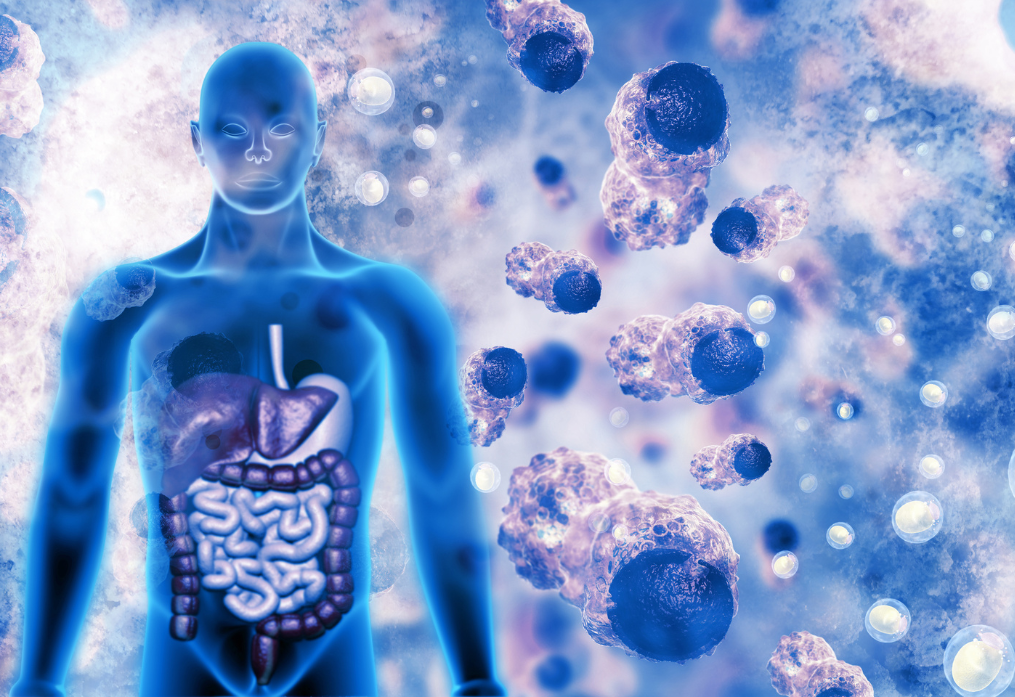Weight loss is a journey that can have a profound impact on both your physical and mental health. Shedding pounds can improve health, but be mindful of potential downsides and take steps to mitigate them. In this blog, we’ll explore the darker side of weight loss, and its impact on your relationships, and offer suggestions on how to maintain a healthy balance.
1. Physical and Mental Health Impact: Weight loss can lead to significant changes in your body, both internally and externally. Reduced weight can improve cardiovascular health, reduce diabetes risk, and boost energy levels. However, rapid or extreme decrease in weight can result in nutrient deficiencies, muscle loss, and a weakened immune system. Mentally, the pressure to maintain a certain weight can lead to disordered eating patterns, anxiety, and depression.
2. Body Image Challenges: Many people embark on weight reduction journeys with the hope of improving their body image and self-esteem. While achieving a healthier weight can boost confidence, remember, body image is complex and influenced by various factors. Losing weight does not guarantee an improved body image, learn to work on accepting and loving yourself at every stage of your journey.
3. Impact on Relationships: Weight loss can have a significant impact on your relationships, both positively and negatively. Research has shown that when one partner in a relationship loses weight, the dynamics of the relationship can change. This can lead to feelings of jealousy, insecurity, or resentment from the partner who did not lose weight. Additionally, toxic relationships can impact your weight loss journey, as they may contribute to stress, emotional eating, or a lack of support.
4. Weight Loss Drugs and Side Effects: The ever-growing popularity of weight loss drugs like Ozempic and Mounjaro highlights the desire for quick and easy solutions to lose weight. However, it’s important to be aware of the potential side effects of these medications, which can range from gastrointestinal issues to changes in mood and mental health. It’s crucial to discuss the risks and benefits with your healthcare provider before starting any weight loss drug.
5. Sleep and Weight Loss: Sleep plays a critical role in weight management, and not getting enough sleep can negatively impact your weight loss efforts. Sleep deprivation can lead to increased cravings for unhealthy foods, reduced energy levels, and disrupted hormone levels that regulate appetite. If you’re struggling with sleep, it’s essential to prioritize good sleep hygiene and seek professional help if needed.
6. Avoiding the Negatives: To avoid the negative impacts of weight loss on your physical and mental health, as well as your relationships, here are some suggestions:
- Set realistic goals: Prioritize overall health and well-being, including mental health and body image, not the scale.
- Seek support: Surround yourself with supportive friends, family, or a healthcare team that can provide encouragement and guidance.
- Practice self-care: Prioritize self-care activities that promote relaxation, stress reduction, and emotional well-being.
- Be patient: Remember that weight loss is a journey, and it’s normal to experience ups and downs. Be patient with yourself and celebrate small victories along the way.
- Seek professional help: If you’re struggling with disordered eating, body image issues, or other mental health concerns, don’t hesitate to seek professional help from a therapist or counselor.

Body image, especially in the context of weight loss, can have a significant impact on relationships. Here are some ways body image can influence relationships:
- Self-Esteem and Confidence: Weight loss can boost self-esteem and confidence, which can positively affect relationships. When someone feels good about themselves, they may be more open, communicative, and engaged in their relationships.
- Physical Attraction: It can change a person’s physical appearance, which may affect how others perceive them. In romantic relationships, partners may find the physical changes attractive, leading to increased intimacy and connection.
- Social Interactions: Someone who feels self-conscious about their body image may avoid social situations or engage less in activities, potentially impacting their relationships.
- Communication: Reduced weight can lead to changes in relationship communication patterns. For instance, someone who is more confident may be more assertive in expressing their needs and desires, leading to healthier communication.
- Jealousy and Insecurity: Weight loss can sometimes trigger feelings of jealousy or insecurity if they perceive the weight loss as a threat to the relationship or their own self-image.
- Expectations and Support: It can create expectations within a relationship, such as changes in lifestyle or appearance. Partners may need to adjust their expectations and provide support during the weight loss journey.
- Resentment and Disconnection: If one partner is successful in their weight loss journey while the other struggles or does not support the changes, it can lead to resentment and disconnection in the relationship.
- Shared Goals: It can become a shared goal in a relationship, fostering teamwork and collaboration. Couples who support each other’s goals and celebrate achievements together often have stronger relationships.
- Cultural and Societal Influences: Cultural and societal norms around body image can also impact relationships. For example, if a person feels pressure to conform to certain beauty standards, it can affect their self-perception and relationships.
- Mental Health: It can improve mental health, leading to better emotional regulation and coping mechanisms in relationships. However, it’s essential to address any underlying mental health issues that may contribute to weight gain or body image concerns.

It’s important to remember that every relationship is unique, and the impact of weight loss on relationships can vary widely. Communication, empathy, and understanding are key to navigating these changes and maintaining healthy relationships.
In conclusion, while losing weight can have many positive benefits, it’s essential to be aware of the potential negatives and take steps to mitigate them. Prioritizing overall health, seeking support, and practicing self-care can help you navigate your weight loss journey healthily and sustainably. Remember that your worth is not determined by your weight, and it’s essential to prioritize your mental and physical well-being above all else.













